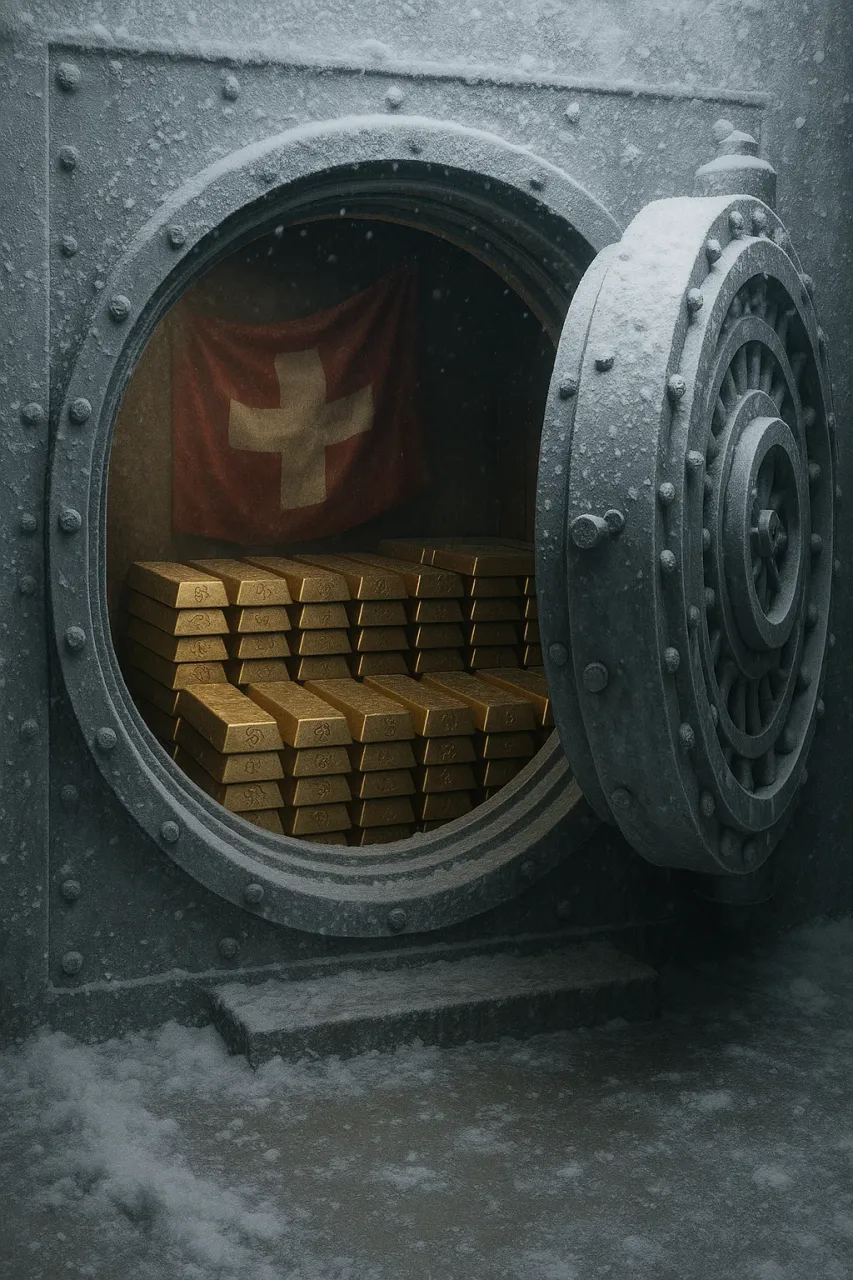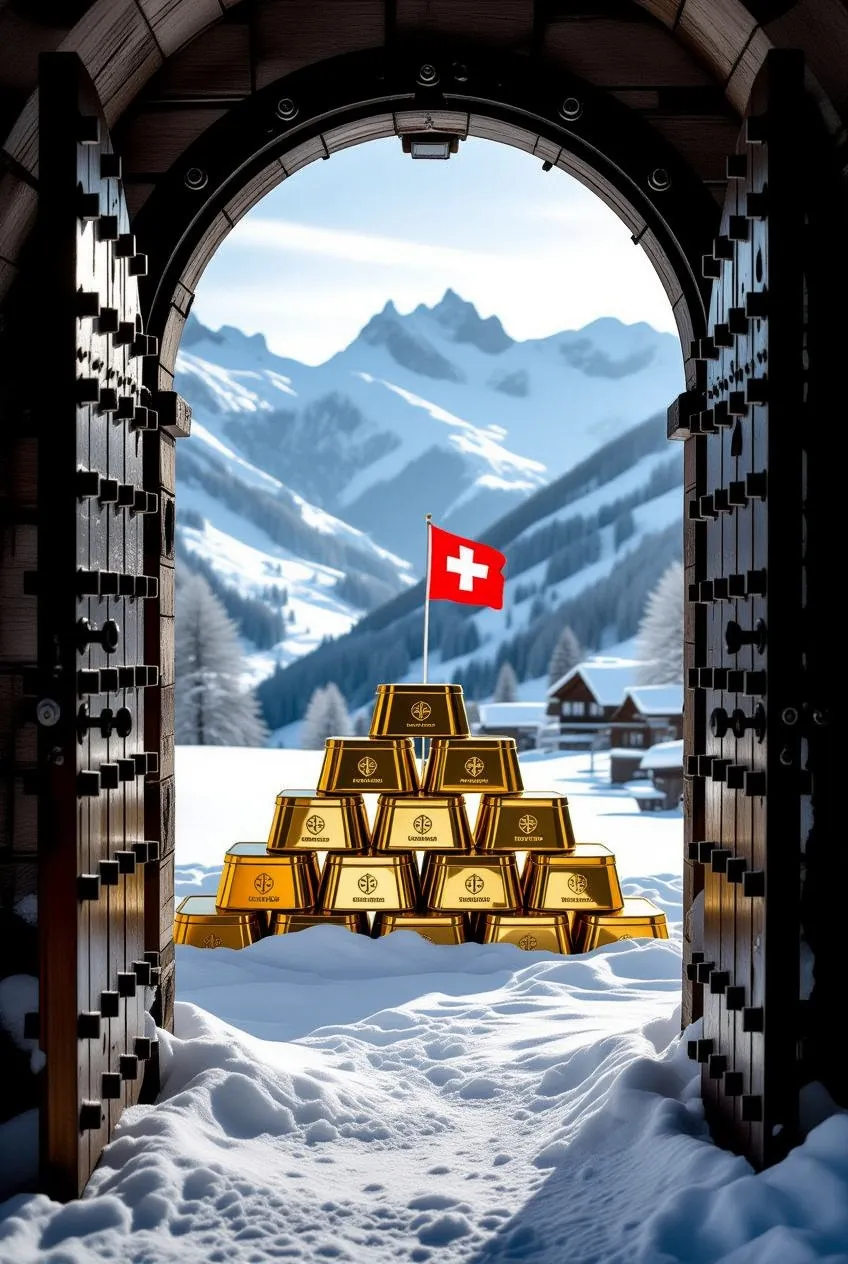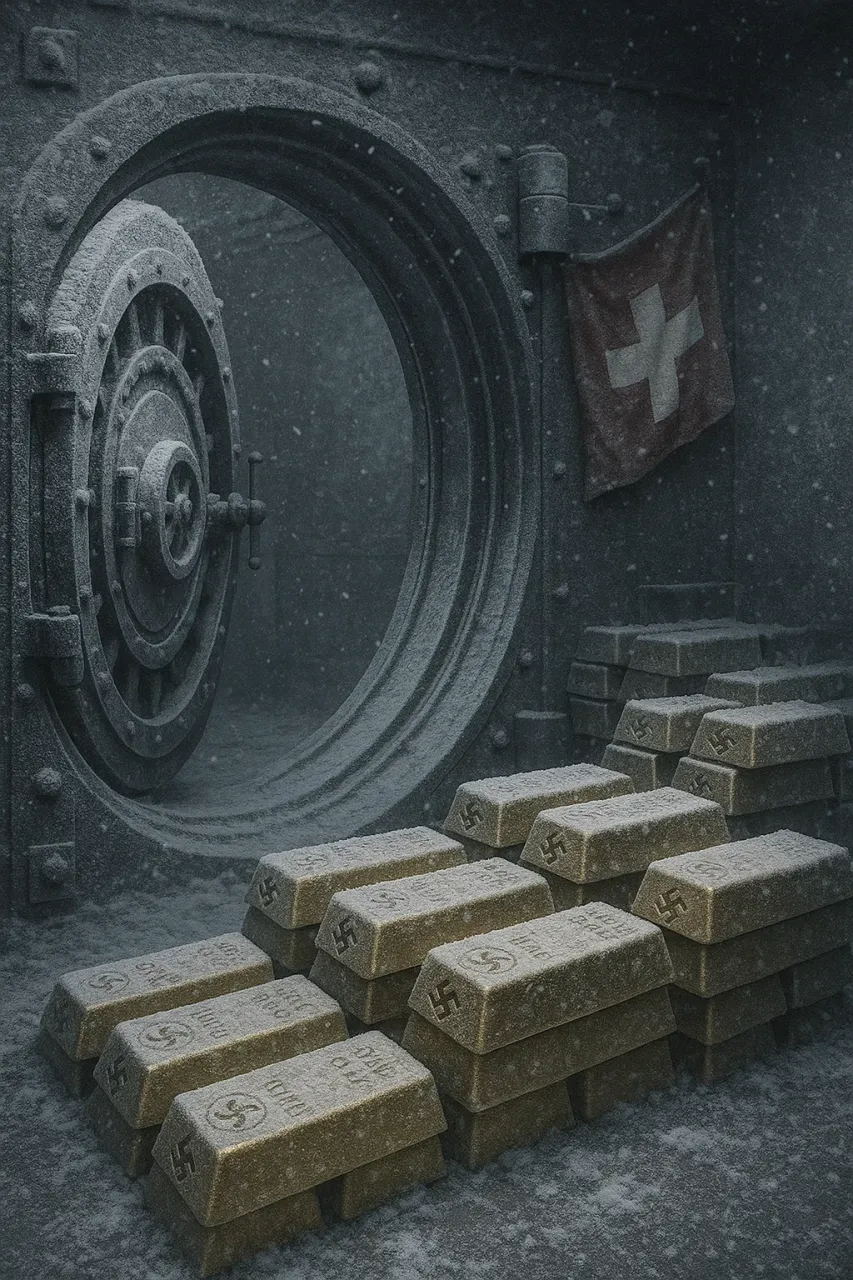
Many people see Switzerland as the good guy in World War II. It seems untouched, pure, and above the chaos. But the truth is more complicated.
Switzerland is known for its beautiful mountains and neutrality, but it was actually involved in a major financial scandal in the 20th century and played a key role in intelligence warfare. Nazi gold.
Let's explore the hidden beauty of the Alps.
Switzerland: The city was the most important center for espionage during wartime in Europe.
During World War II, Switzerland was full of spies from all sides: Germans, Brits, Soviets, Americans, Italians — and even agents from smaller nations.
Why?
It was neutral, so anyone could move around relatively freely.
It was located where the Axis and Allied forces met.
Its cities were full of embassies, banks, safe houses, and telegraph hubs.
Zurich, Bern, and Geneva became unofficial capitals of espionage.
Allied spies used Switzerland to:
Get military information from German people who have left the army.
Send secret messages to people in other countries.
Stop Axis radio signals and ciphers from being sent.
The OSS (the organization that would eventually become the CIA) even ran entire networks from Switzerland, with the help of local collaborators.

The Gold Nobody Wanted to Talk About
Here's where things get uncomfortable.
During and after the war, Switzerland was accused of helping the Nazis clean their money. This included gold that was stolen from banks in Europe. They even melted down jewelry and teeth from Holocaust victims.
How?
Germany used Swiss banks to secretly move stolen gold and to buy raw materials and other goods.
Swiss banks didn't ask questions about where the gold came from, as long as it helped them do business.
After the war, the Allies wanted to know what happened, but Switzerland said it hadn't done anything wrong for many years.
It wasn't until the 1990s that Swiss banks started admitting what had happened, after the U.S. put pressure on them and people around the world were outraged.
Some of the gold's origins are unknown.
The accounts of the victims had been blocked or erased.
Survivors and families were left with nothing.
In 1998, Swiss banks agreed to a $1.25 billion settlement with people who survived the Holocaust and their families.
... Are they morally neutral or just involved in something that's not very ethical?
Switzerland's actions during World War II are an example of neutrality that is practical, but also of having mixed feelings about what is right and wrong.
The country:
He avoided invasion.
They also hosted secret resistance efforts.
He protected some Jewish refugees.
But it also:
They denied entry to thousands of Jews fleeing death.
They made it easier for countries to trade and finance business.
And it let its banks make money from stolen gold.
In this case, being neutral meant that the people who suffered from the war were often the ones who paid the price.

History has many layers. Switzerland wasn't a bad guy during World War II, but it also wasn't just sitting around doing nothing.
It was a strategic player in the shadows. It used neutrality as both a shield and a tool.
The mountains kept the tanks out, but they didn't stop the truth from spreading.
IMAGES AI FROM SORA